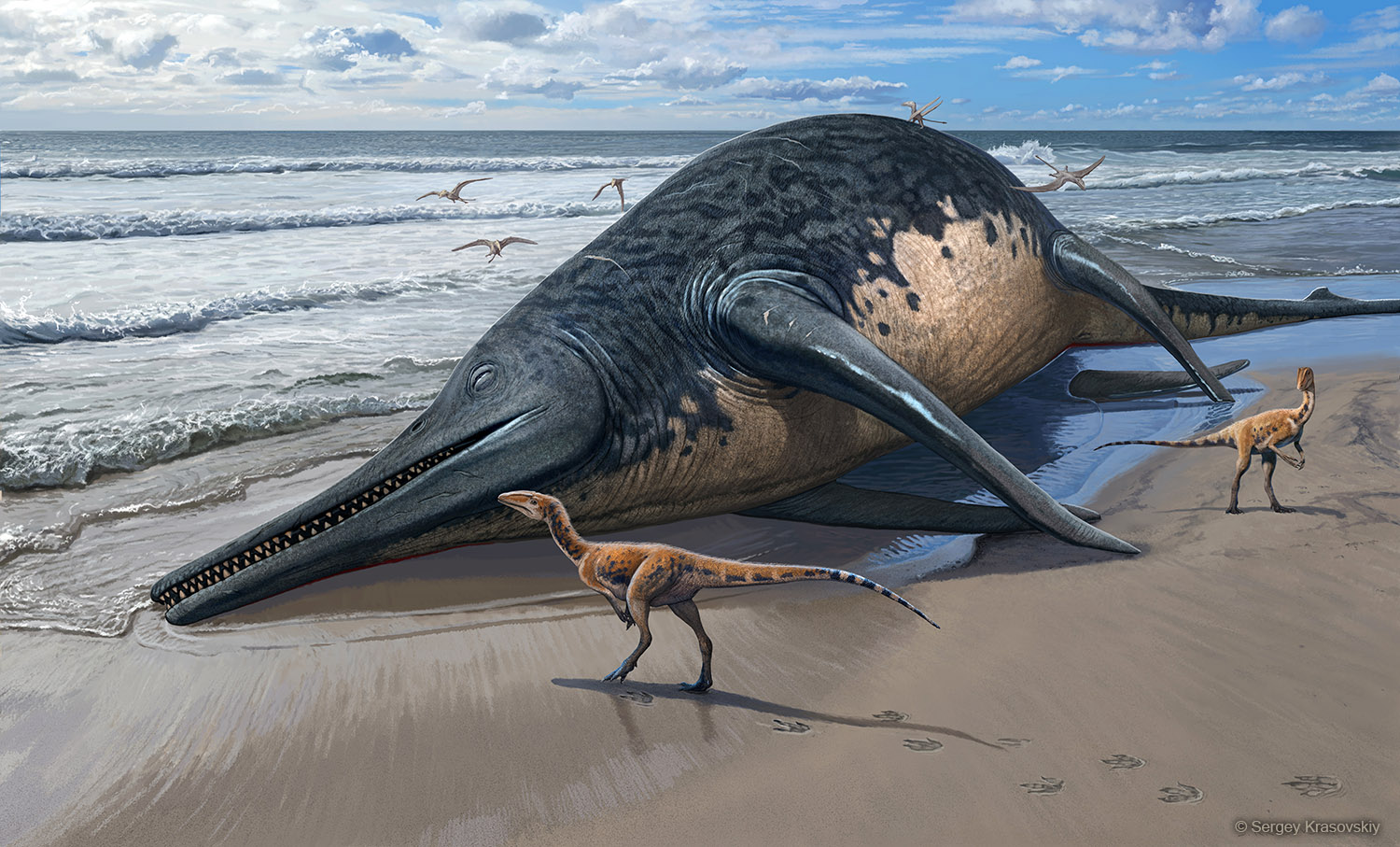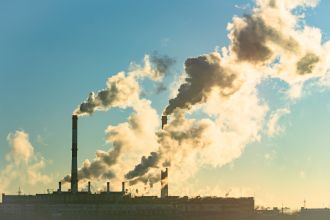-
Audit of food donations prompts call for new nutrition and safety standards
food policy and nutrients
New Curtin University research that analysed a whopping 85,000 kilograms of food donated to Foodbank WA over five days has prompted calls for an overhaul of laws and policies to ensure safe and nutritious food is available for its vulnerable clients. Read more about Audit of food donations prompts call for new nutrition and safety standards
Australia; WACurtin University -
Very low proportion of young people seeking gender-affirming care subsequently reidentify with their birth-registered sex
JAMA Pediatrics
An Australian study has found that a very low proportion of young people who initiate gender-affirming treatment at a gender clinic end up reidentifying back with their birth-registered sex. The study of 548 patients referred to paediatric gender Read more about Very low proportion of young people seeking gender-affirming care subsequently reidentify with their birth-registered sex
Australia; WATelethon Kids Institute|The University of Western Australia... -
Transforming early learning through curiosity and interest
Early Child Development and Care
The key to boosting a child’s cognitive and emotional development lies in promoting an active interest in topics or activities, Griffith University researchers have found. The key to boosting a child’s cognitive and emotional development lies in Read more about Transforming early learning through curiosity and interest
Australia; QLDGriffith University -
Shift in lesser-known blood types linked to Australia’s increasing ethnicity
Pathology - The Journal of the Royal College of Pathologists Australia
The first study to determine the prevalence of lesser-known blood groups within the Australian population that need to be “matched” during a blood transfusion shows they have changed, most likely due to increasing ethnic diversity. While the Read more about Shift in lesser-known blood types linked to Australia’s increasing ethnicity
Australia; NSW; ACTAustralian Red Cross -
Gen Z’s climate anxiety is real and needs action — for everyone’s wellbeing
Sustainable Earth Reviews
Australian young people have major concerns about climate change, which is having a significant impact on their lives and could have broader consequences decades into the future. New Curtin University research has shown Australian young people have Read more about Gen Z’s climate anxiety is real and needs action — for everyone’s wellbeing
Australia; WACurtin University -
Next-gen printed flexible solar cells launched into space
ACS Applied Energy Materials
Australian-made flexible solar cells will orbit the Earth in a test to evaluate them as a reliable energy source for future space endeavours. State-of-the-art printed flexible solar cell technology developed by Australia’s national science agency, Read more about Next-gen printed flexible solar cells launched into space
Australia; VICCSIRO -
Economic abuse affects one in seven Kiwi women
Journal of Interpersonal Violence
New research pulling data from 1464 NZ women who have been in a relationship has shown that economic abuse is common, affecting about 15%. Researchers found that the most prevalent act was a refusal to provide money for household expenses, reported Read more about Economic abuse affects one in seven Kiwi women
New ZealandUniversity of Auckland -
Proceed with caution – the meteoric rise of zero-alcohol drinks
Australian and New Zealand Journal of Public Health
New research from Flinders University has revealed that parents are feeling conflicted, confused and concerned when it comes to zero-alcohol beer, wine and spirts and adolescents. New research from Flinders University has revealed that parents are Read more about Proceed with caution – the meteoric rise of zero-alcohol drinks
Australia; NSW; VIC; SA; NTFlinders University|The University of Adelaide|George Institute for Global Health... -
Being a manager improves job satisfaction, but not stress levels
PLOS ONE
Being the manager improves your job satisfaction but not your stress levels according to Aussie and international research. The study of more than 700 workers and bosses found that levels of stress were similar among managers and employees but being Read more about Being a manager improves job satisfaction, but not stress levels
Australia; VICSwinburne University of Technology|Universite´ Clermont Auvergne, France -
NEWS BRIEFING: Toddlers' screen time replacing vital language opportunities
JAMA Pediatrics
The average three-year-old could be missing out on more than 1,100 adult words, 840 vocalisations, and 194 conversations per day thanks to modern screen use, according to Aussie researchers. The team used Fitbit-like devices, worn by kids for Read more about NEWS BRIEFING: Toddlers' screen time replacing vital language opportunities
Australia; International; SA; WATelethon Kids Institute|The University of Adelaide... -
Jupiter's moon Europa might not be as habitable as we thought
Nature Astronomy
Often thought as one of the locations we could head to after we wreck the planet, Jupiter's moon Europa might not actually be as habitable as we first thought. US and European researchers found the icy moon to produce less oxygen than first thought. Read more about Jupiter's moon Europa might not be as habitable as we thought
InternationalPrinceton University, Princeton, NJ, USA -
EXPERT REACTION: Fluid from around a growing baby could be used to grow organ-like structures
Nature Medicine
Fluid from around a growing fetus could be used to create models of developing organs, including the kidney, lungs and small intestine, without having to terminate the pregnancy, according to international research. The researchers used fluid from Read more about EXPERT REACTION: Fluid from around a growing baby could be used to grow organ-like structures
International; NSW; VICUniversity College London, Great Ormand Street Hospital, UK -
More than 1/3 illicit drugs sold on the dark web contain unexpected substances
Drug and Alcohol Review
Testing of illicit drugs bought online found 35% were not what they said they were, highlighting the urgent need for more local drug testing facilities in Australia to prevent harm and overdose. Testing of illicit drugs bought online found 35% were Read more about More than 1/3 illicit drugs sold on the dark web contain unexpected substances
Australia; NSW; VIC; ACTRMIT University|The Australian National University... -
Humanity must start living within its means
UN Environment Programme
Rich countries use six times more resources, and generate 10 times the climate impacts than low-income ones, far exceeding human needs and nature’s capacity, according to a new report by the UN Environment Programme. The 2024 Global Resource Read more about Humanity must start living within its means
InternationalUN Environment Programme -
Obesity is linked to a higher risk of stillbirth, especially as the baby approaches full term
Canadian Medical Association Journal
Obesity is linked to a higher risk of stillbirth, and that risk increases as the baby approaches full term, according to international researchers. The team say the link between obesity and stillbirth is well-known, however, less is known about how Read more about Obesity is linked to a higher risk of stillbirth, especially as the baby approaches full term
InternationalHarvard University, USA -
Nanothin printing of electronics hardware could slash costs
Small
Engineering researchers have developed a 2D printing process using liquid metals that they say could create new ways of creating more advanced and energy efficient computing hardware that is manufactured at the nanoscale. Nanothin printing of Read more about Nanothin printing of electronics hardware could slash costs
Australia; International; NSW; VICThe University of Sydney|The University of Melbourne... -
Victoria’s feral cats move in for the kill after control programs cut fox numbers
Conservation programs that control foxes in order to protect Victoria’s endangered and threatened native animals may be inadvertently giving space for feral cats to thrive, according to research by the University of Melbourne. In a paper published Read more about Victoria’s feral cats move in for the kill after control programs cut fox numbers
Australia; VICThe University of Melbourne -
From carbon to clouds - Ocean detectives return with climate clues
The longest science voyage by CSIRO research vessel RV Investigator has returned to Australia with one of the most comprehensive datasets ever collected in the Southern Ocean. Over 60 days and 12,000 kilometres, the voyage led by the Australian Read more about From carbon to clouds - Ocean detectives return with climate clues
Australia; International; TAS; ACTUniversity of Tasmania|Australian Antarctic Program Partnership -
Spontaneous curvature the key to shape-shifting nanomaterials
Proceedings of the National Academy of Sciences
Inspired by nature, nanotechnology researchers have identified ‘spontaneous curvature’ as the key factor determining how ultra-thin, artificial materials can transform into useful tubes, twists and helices. Inspired by nature, nanotechnology Read more about Spontaneous curvature the key to shape-shifting nanomaterials
Australia; International; NSWARC Centre of Excellence in Exciton Science|The University of Sydney... -
Few hospitals include stop smoking services in their lung cancer care
Respirology
Only 4. 5% of Australian and NZ lung cancer care centres include services to help people stop smoking, according to new research. The survey of lung cancer doctors, which covers about 85% of the centres treating lung cancer in Australia and 100% Read more about Few hospitals include stop smoking services in their lung cancer care
Australia; New Zealand; NSW; VIC; QLD; WACurtin University|The University of Melbourne|The University of New South Wales...




















































